One small step for Taiwan, big one for China
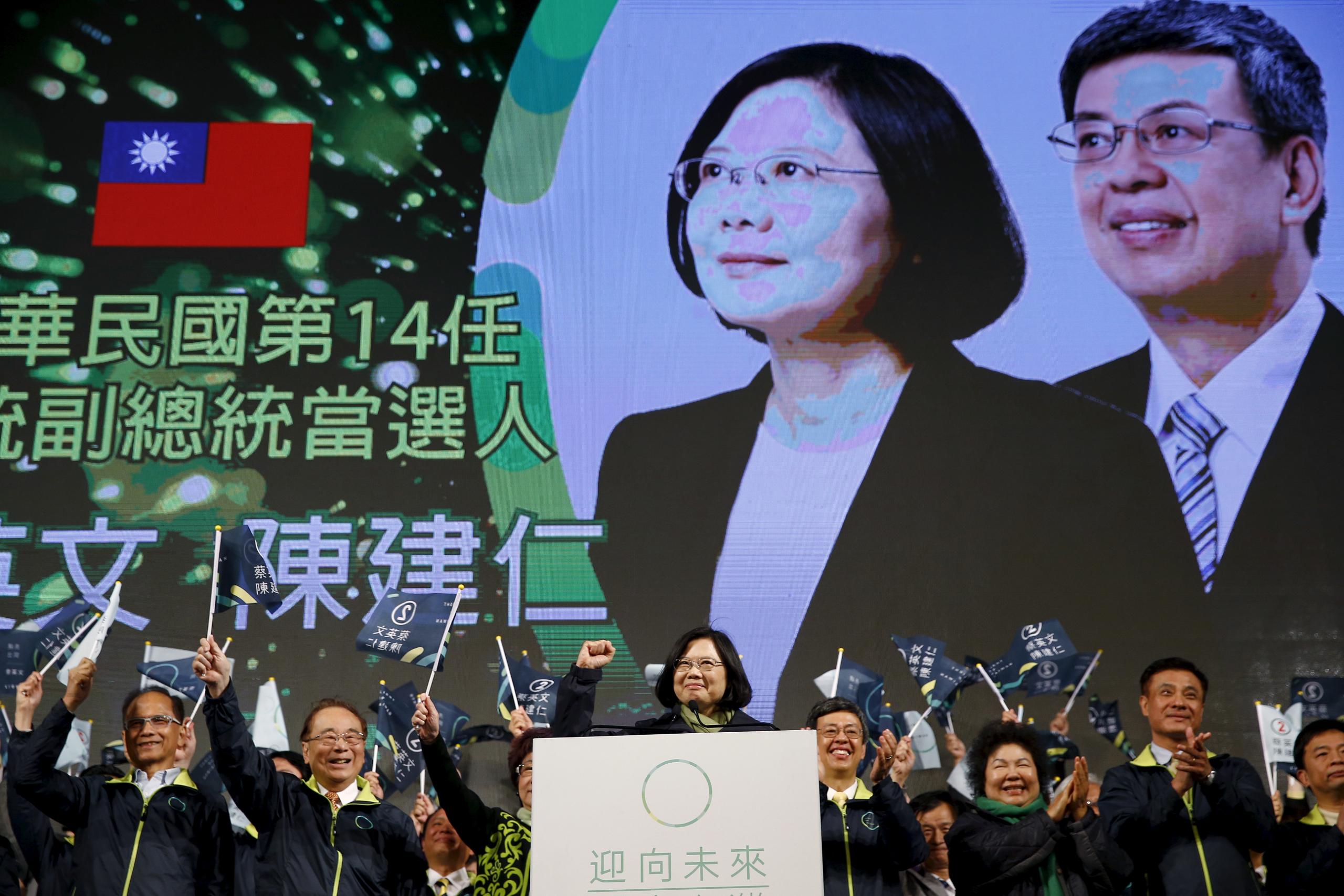
The first full transition of power in a Chinese majority-country offers fascinating opportunities and challenges for democracy worldwide. Bruno Kaufmann reports from the island state where emancipation from the authoritarian past now even makes the losers happy.
Bejing International Airport. Six years ago. Together with my family I am rushed through the Chinese capital’s international airport by several dozen security staff as we are about to board one of the very first scheduled direct flights between China and Taiwan.
The two states across the Taiwan Strait have had no regular neighbourly relations in the past, to express it mildly.
So it sounded like a great plan for former sworn enemies, Taiwan’s National Chinese Party (KMT) and China’s Communist Party (CCP), to open their countries, skies and societies for the people on both sides.
In 2008 the Taiwanese KMT president and his counterpart in China agreed to abolish many of the old limitations established during half a century of more and less violent confrontations.
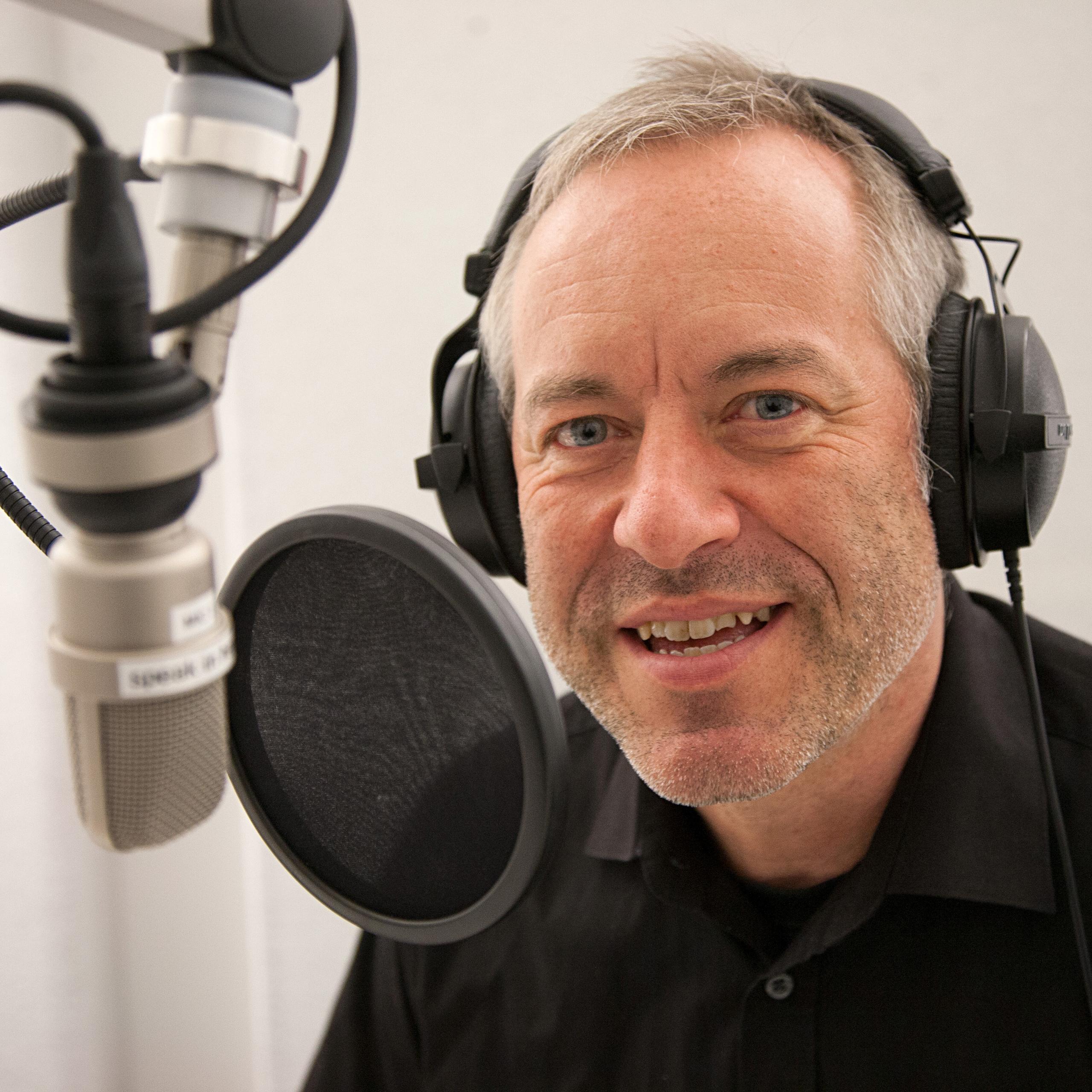
While the practical arrangements for this transnational opening needed some time – hence the security hassle for my family when transferring in Bejing – Taiwan quickly became a major travel destination for Chinese citizens.
Now up to 10’000 visitors from mainland China are passing daily through the immigration counters at seven international airports in Taiwan. In the other direction, more than one million out of Taiwan’s 23 million citizens regularly visit (or even reside) in the much bigger neighbouring country – mostly representing Taiwanese companies.
The Chinese coming to Taiwan are mainly tourists and students, interested in the cultural and political development of the multicultural Pacific island country.
Beauty of democracy
With its natural beauty, pleasant climate and hospitable people, Taiwan offers overseas visitors a wealth of points of interest.
As a reporter for the Swiss Broadcasting Corporation (SBC) and an election observer in most of Taiwan’s popular votes since 2003, I have witnessed a very encouraging democratic journey of this country – which earlier Portuguese colonisers called ”Ilha Formosa” (the beautiful island).
After finally giving up martial law as late as 1987, the ruling KMT moved step-by-step toward a modern democratic political party, culminating last Saturday, January 16.
For first time in the modern history of Taiwan, the citizens sent the KMT into opposition, giving the Democratic Progressive Party (DPP) a majority in the national parliament, and making its chairwoman, Tsai Ing-wen, the country’s first female head of state.
Milestone
This means nothing less than the first full-scale democratic power shift in a country with an ethnic Chinese majority.
The milestone has been praised not only by the winners of the electoral race but also by KMT-leaning newspapers like the Taipei-based China Post.
”Authoritarian rule means people only have choices that are pre-selected for them. We are happy that we have the choice that would be unavailable if we were not a democracy,” declared the paper and cordially congratulated ”Tsai to her landslide victory”.
This way of conceding defeat is without precedent in the Chinese world, where peaceful power-sharing hasn’t been part of the political DNA so far.
But when the first results came in on election night, defeated KMT presidential candidate Eric Chu lost no time to express his best wishes for the new head of state, who will take power from outgoing president Ma Ying-jeou of the KMT on May 20.
While having tried to interfere in Taiwanese elections before, the Chinese Communist Party did not meddle this time – and simply acknowledged the democratic change of power across the Taiwan Strait (as expressed in a statement by the State Council’s Taiwan Affairs Office).
Study trips
In the weeks leading up to the January 16 elections, thousands of Chinese and Hong-Kong citizens used the new cross-strait travel freedoms to join well-organised democracy study trips to Taiwan.
”We are deeply impressed about the openness, friendliness and vitality of the political atmosphere here,” a 52-year old teacher from Shanghai told me, when I met her outside Taipei 101, a landmark skyscraper in Taiwan’s capital.
It may look like a rather long shot to develop such realities in a mega state like China, yet citizens from Hong-Kong (a former British colony, now an autonomous entity under Chinese rule) have used the Taiwanese election to learn as they struggle to become aware of their own right to free elections, which was enshrined in the handover contract from Britain to China in the 1990s.
Youth power
The Taiwan elections also elections illustrated the civic and political maturity of the Taiwanese society, with an empowered youth taking the driver’s seat.
”Last time I voted my father told me what to do,” said Joseph, a 27-year old law student, when I saw him outside a downtown elementary school in Taipei where he cast his ballot. Then he added with a smile: ”This time, however, it was me who said to my father how to vote.”
A dynamic emergence of social movements – symbolised by the so-called Sunflower movement against a free trade deal with China – contributed to the make-over of the political landscape in Taiwan.
The elections rejuvenated the legislature by electing leading representatives of the Sunflower movement and people like rock star Freddy Lim, who also served as president of the Taiwanese chapter of Amnesty International in recent years.
Powerful message
With both the presidency and the legislature dominated by pro-democracy people, the country has a great opportunity to fix a few of its current democratic flaws, including a citizen-unfriendly referendum law (which most often has led to invalid popular votes), the high voting age (20) and a lack of infrastructure for public participation.
But these elections (and the related experience of genuine stability and happiness) may also motivate the societies across the sea – on the so called Mainland – to forward and understand, how the establishment and deepening of people power could make the former ”empire of the middle” a respected partner of the world community for democratic reasons, not just military and economic ones.
A harmonic society not just for the people, but by the people — that’s the powerful message the Taiwanese sent on January 16 to everybody who is ready to listen both across the Taiwan Strait and the world at large.
The views expressed in this article are solely those of the author, and do not necessarily reflect the views of swissinfo.ch. The text was first published by the online global democracy platform People2PowerExternal link.

In compliance with the JTI standards
More: SWI swissinfo.ch certified by the Journalism Trust Initiative

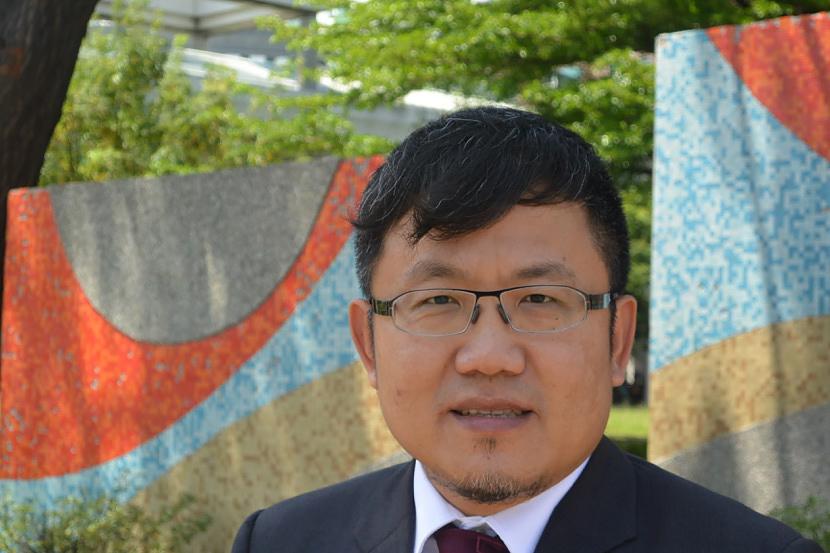
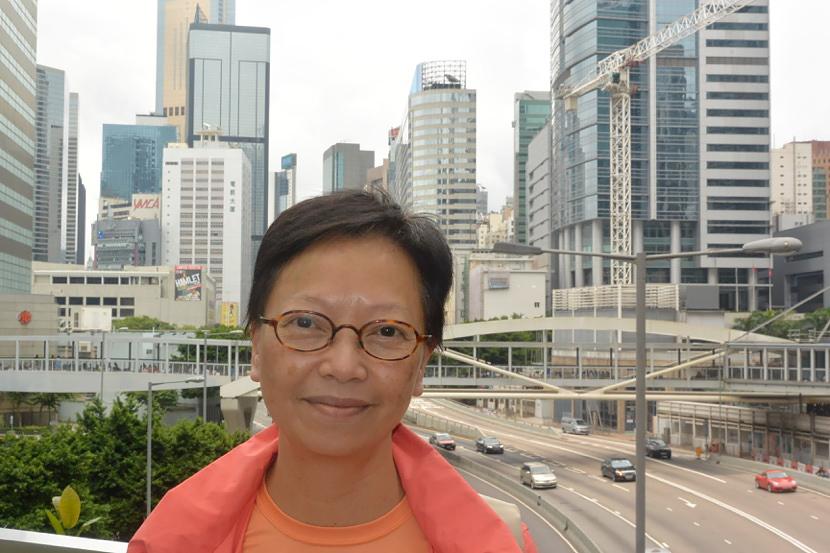
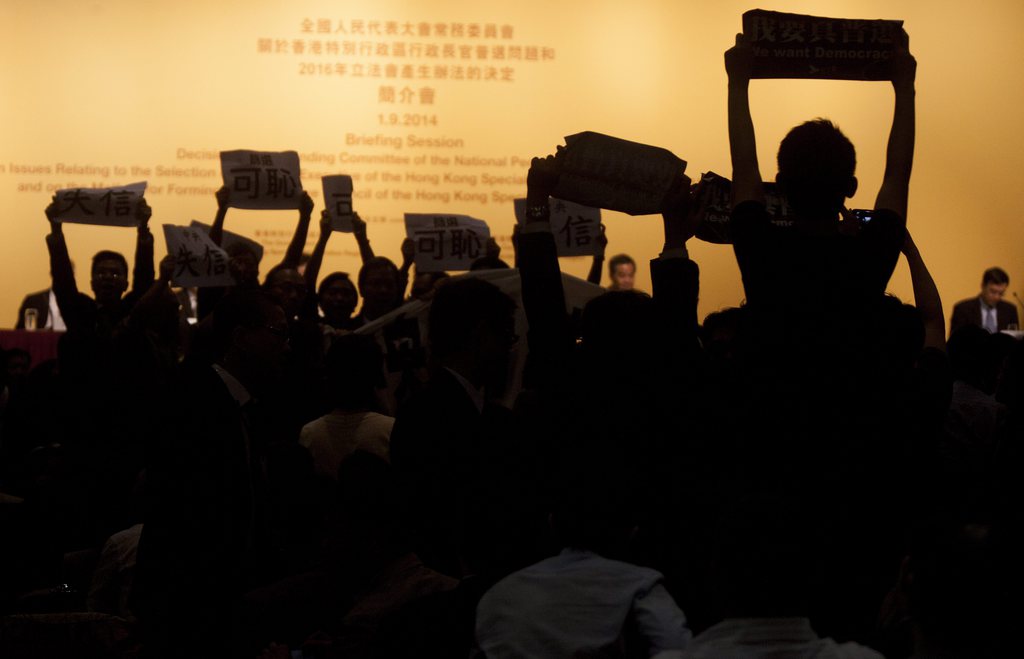
You can find an overview of ongoing debates with our journalists here. Please join us!
If you want to start a conversation about a topic raised in this article or want to report factual errors, email us at english@swissinfo.ch.